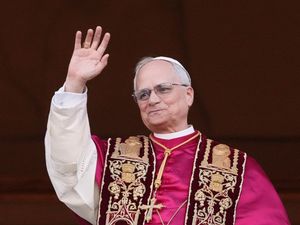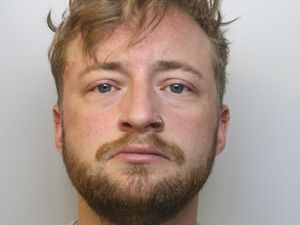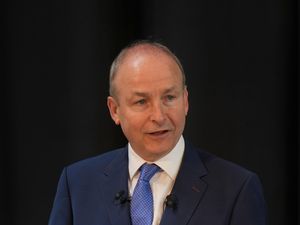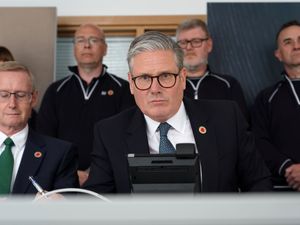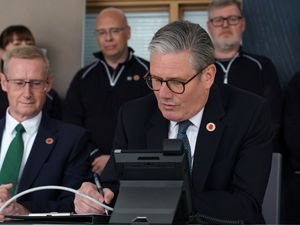VAT will be charged on private school fees from January
Introducing the charge during the middle of an academic year could cause ‘additional disruption’, the headteachers’ union says.
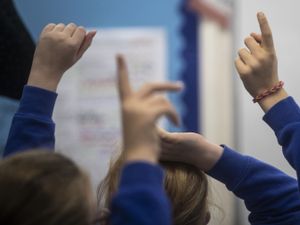
VAT will be charged on private school fees from January, the Government has confirmed.
The new Labour government is pushing ahead with its plans to remove the VAT exemption and business rates relief for private schools to enable funding for 6,500 new teachers in state schools.
Treasury minister James Murray said the Government will apply 20% VAT to private schools in the UK from January 1 – and it will also apply to “pre-payments of fees” for terms starting in the new year.
He said the changes “will not impact pupils with the most acute special educational needs” where their needs can only be met in private schools.
It comes amid concerns that removing the VAT exemption could lead to an exodus of students into the state school system amid private school fee rises.
Private schools are worried the policy will have a “major impact on students and staff” and some schools may face closure, a headteachers’ union said.
The Association of School and College Leaders (ASCL) warned that introducing the change during the middle of an academic year could “cause additional disruption”.
Currently, independent schools do not have to charge 20% VAT on their fees because there is an exemption for the supply of education.
In a written ministerial statement on Monday, Mr Murray, Exchequer Secretary to the Treasury, also said the Government plans to remove private schools’ eligibility for charitable rates relief under business rates in England from April.
But he added that the Government will consider how to address the possible impact of these changes in cases where private school provision has been specified for pupils through an education, health and care plan (EHCP), which help support children with special educational needs and disabilities (Send).
Mr Murray said: “The Government is committed to addressing unfairness in the tax system and raising revenue for public services by closing loopholes and tackling tax avoidance.
“The Government is setting out next steps on its priority tax commitments to allow for technical consultation and provide taxpayers with certainty ahead of their final confirmation at Budget.”
Sara Tanton, deputy director of policy at the ASCL, said: “Independent schools are concerned that this policy will have a major impact on students and staff and that some schools are even likely to face closure.
“It’s imperative that this policy is fully modelled and consulted upon to understand the implications, and there is not long to do this before January.
“There are also concerns that introducing this change during the middle of an academic year is going to cause additional disruption.
“It’s important to remember that this policy is not itself going to address the funding crisis facing schools and colleges.
“That is going to require a substantial increase in core funding.”
Julie Robinson, chief executive of the Independent Schools Council (ISC), said: “Thousands of children face having their education disrupted as a result of this unprecedented tax.
“It will increase pressure on state schools and on an already-stretched Send system, as well as on faith provision, on specialist arts education and on military families.
“The draft legislation was published before consultation with independent schools. We will be working over the coming months to engage the Government on the consequences of this policy on schools, families and communities – it remains our belief that the best way to improve education for all is for schools to work together, not to tax education.”

